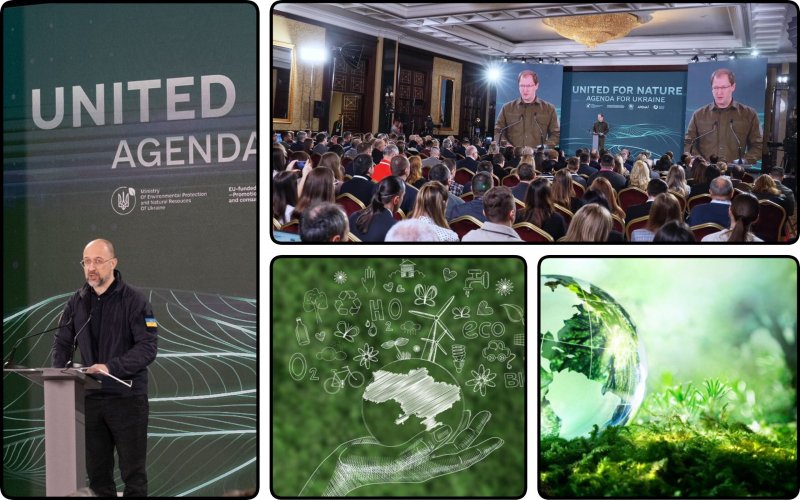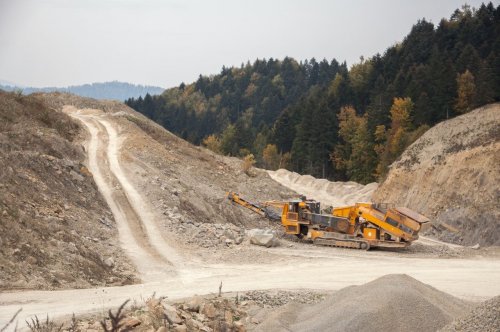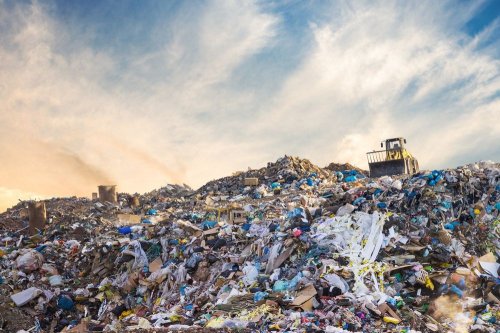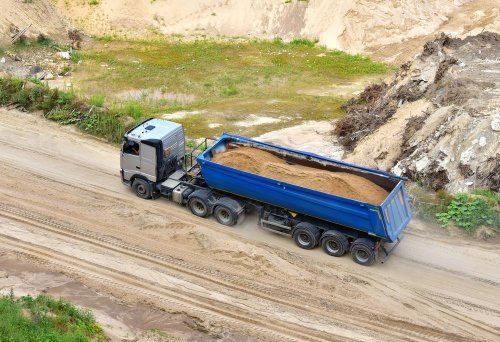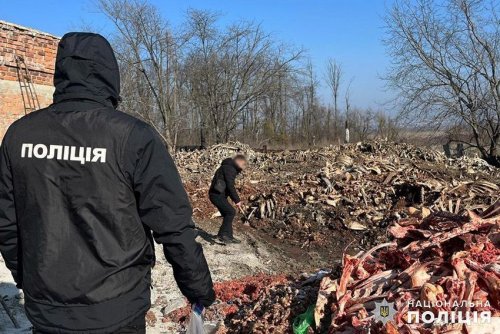On January 31, Kyiv hosted the international environmental forum United for Nature. Agenda for Ukraine, where participants discussed the environmental component of the negotiation process on Ukraine's accession to the EU, the country's climate policy and sources of funding for the green transition, decarbonization of the extractive industry, and other important issues. However, part of the ecological community criticized the event, where the programs and intentions presented were "detached" from the harsh military realities of Ukraine.
EcoPolitic has prepared the main results of the forum for its readers.
Svitlana Berzina, Head of the Public Council at the Ministry of Environmental Protection and Natural Resources, said that the following panel discussions took place at the event:
- challenges in the process of negotiations regarding the accession of Ukraine to the EU within the framework of the green cluster;
- climate policy and financing of the green transition in Ukraine;
- natural resources and biodiversity;
- waste management reform as a basis for implementing the circular economy;
- decarbonization of the mining industry;
- digitization of the environment;
- reform of the system of state environmental control.
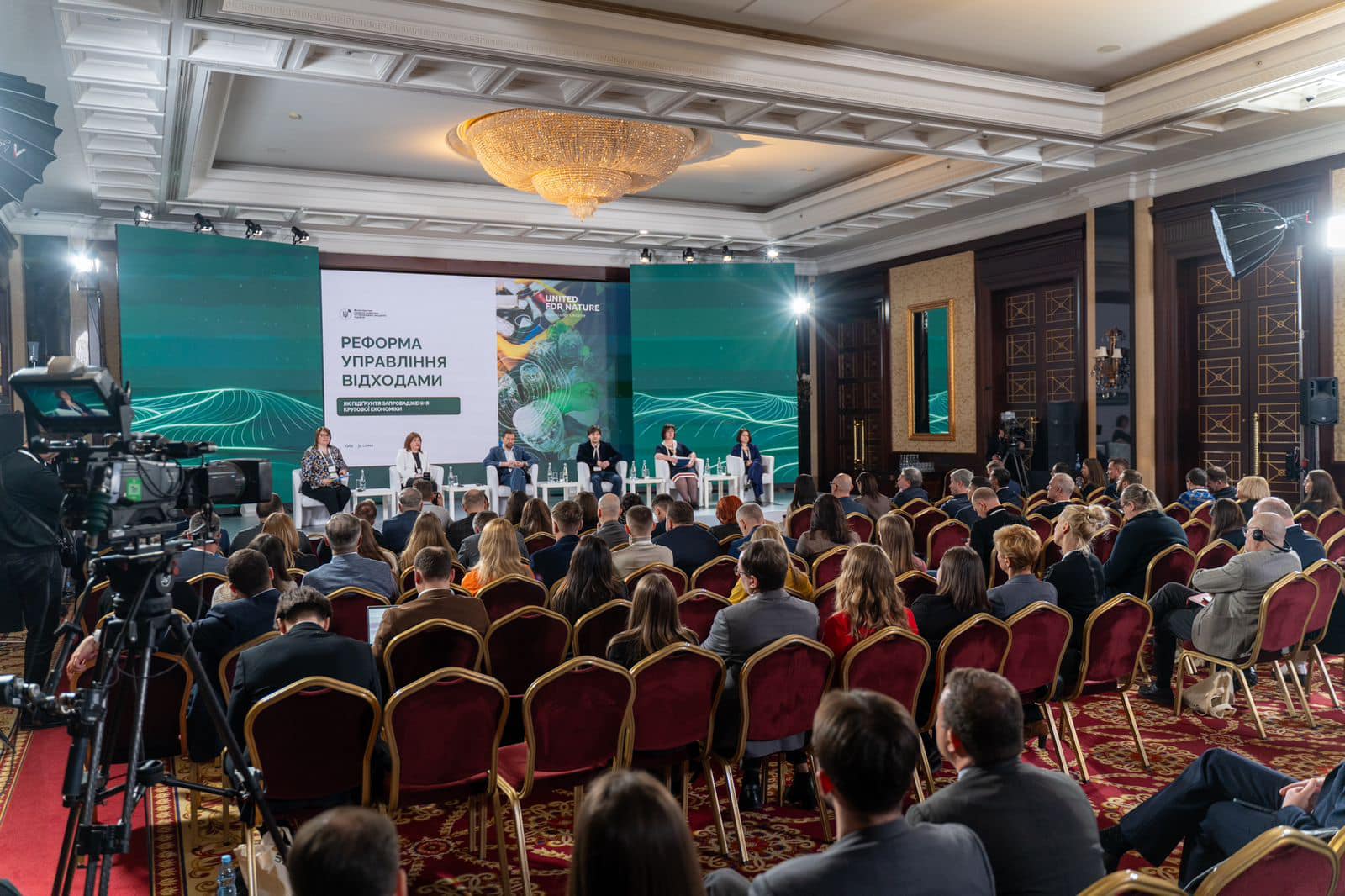
The forum was attended by representatives of the authorities, Ukrainian and international organizations, the business community and the public, including:
- Prime Minister of Ukraine Denys Shmyhal, who emphasized the importance of achieving a just and sustainable peace and forcing Russia to pay for all crimes committed, in particular against the environment;
- Minister of Environment Protection and Natural Resources Ruslan Strilets;
- European Commissioner for Environment, Oceans and Fisheries Virginijus Sinkevičius;
- environment ministers of EU member states and other countries, including Julian Popov (Bulgaria), Yordanka-Rodika Yordanov (Moldova), Isabella Teixeira (Brazil) and others;
- Roman Opimakh, head of the State Geology and Subsoil Service;
- coordinator of the circular economy development project of Ukraine Volodymyr Buzhan and others.
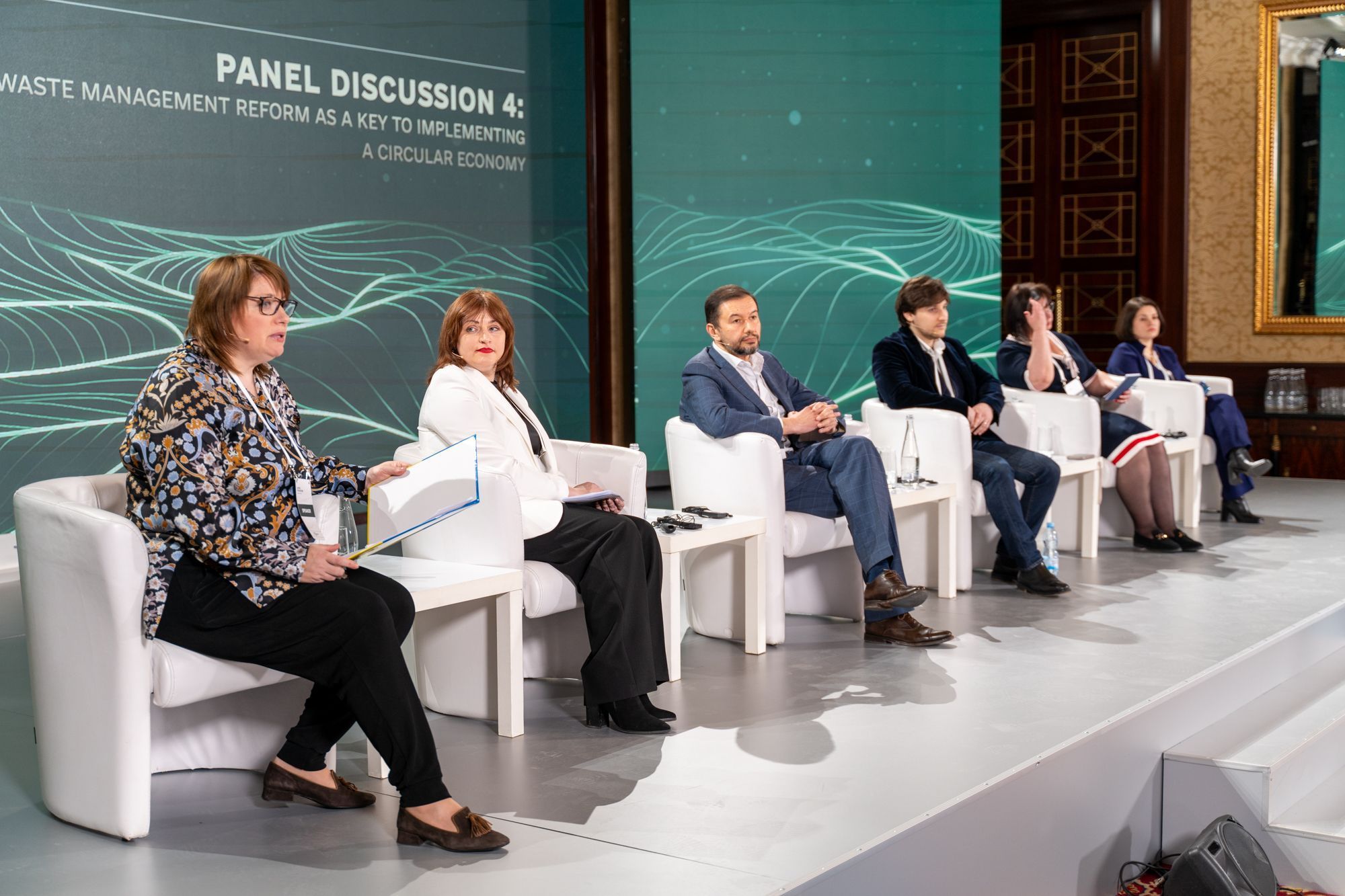
At the forum, Ruslan Strilets once again announced the launch of the national system of trading quotas for greenhouse gas emissions in pilot mode in 2025. As well as the full launch of the system of monitoring, reporting and verification of greenhouse gas emissions in 2024.
"The year 2024 for Ukraine is clearly the year of the beginning of the climate dialogue, as well as Ukraine's preparation for entering the borders of the mechanism for regulating carbon emissions at the border with the European Union – CBAM. Even during the war, together we are able to pass the necessary legislation and give the industry the opportunity to conduct the first test operations in the ETS market to understand how this market works," he said.
Representatives of the Ministry of Ecology also emphasized that the launch of the ETS should be carefully prepared so that entrepreneurs understand how the system will work.
In addition, decarbonization of the extractive industry was one of the main issues discussed at the forum.
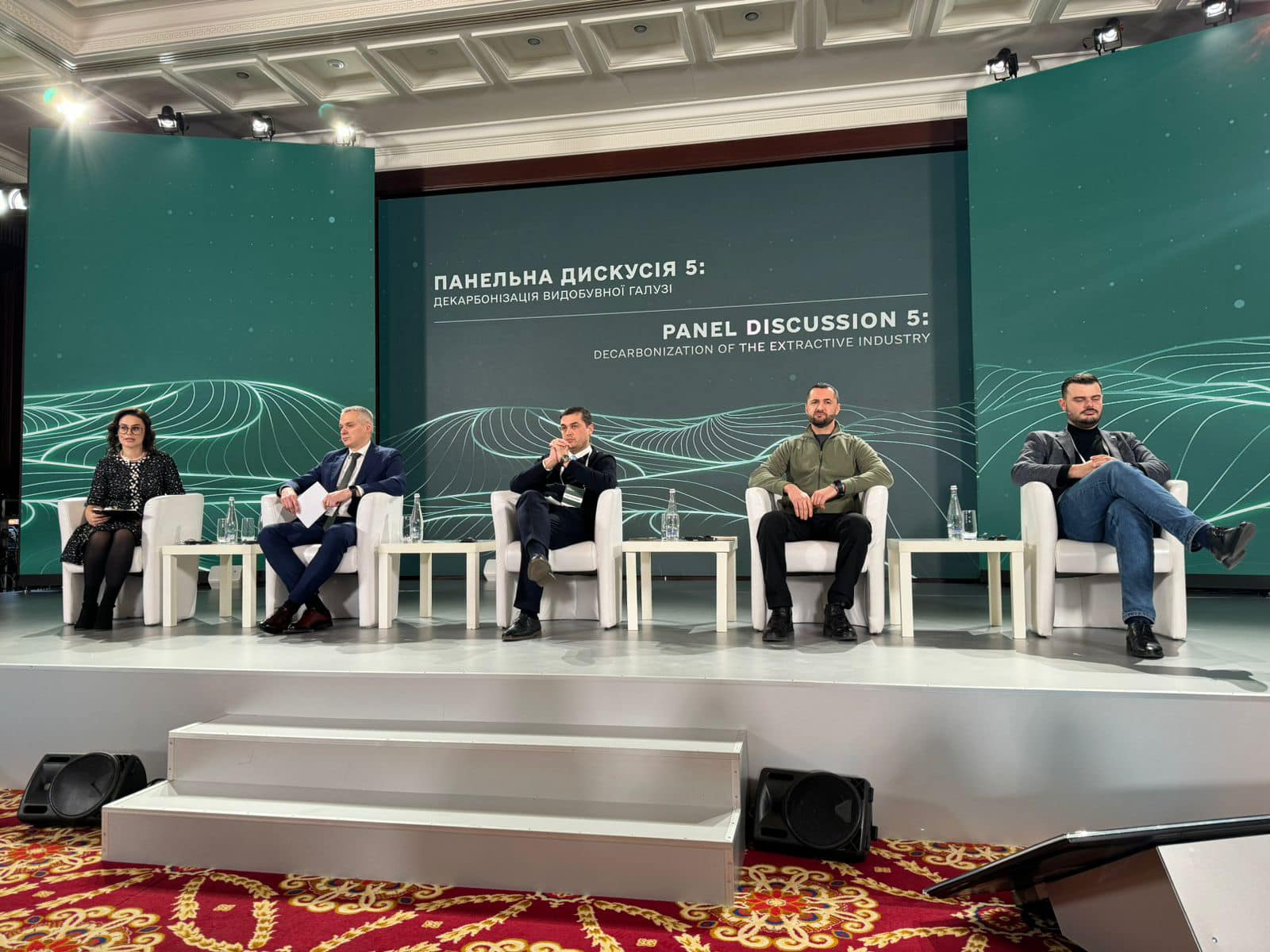
Iryna Suprun, founder of the Geological Investment Group, said that according to the United Nations Environment Program (UNEP), global greenhouse gas emissions from mining activities amount to 4-7%. Ukraine is only at the beginning of the path to decarbonization of the industry, and mining waste management is one of the challenges in this process. In addition to new waste, Ukraine also needs to address the issue of waste already accumulated over the previous decades.
"The responsible business of the extractive industry faces challenges that require balanced and effective solutions that will be able to transform this sphere in Ukraine into a green subsoil use. And, I believe that thanks to joint efforts it is possible to implement it," she said.
However, in my opinion President of the Association of Environmental Professionals (PAEW) Ludmila Tsyhanok, numerous strategies, programs and intentions are "detached" from the realities of Ukraine.
She emphasized that despite the statement of the Ministry of Environment regarding the implementation of garbage reform, there are still no real steps to prevent particularly dangerous waste from entering the environment.
"According to the information of the regional statistics offices, in industrial regions there are millions of tons of waste of the I-III classes of danger, hundreds of tons of extremely dangerous and highly dangerous waste," said Tsyganok, emphasizing the danger from pesticides and fertilizers used by farmers. – More and more often we hear how the enemy is preparing terrorist attacks at hazardous and particularly hazardous waste storage facilities".
Her post on the network caused a lively discussion among users.
"There is a war in the country, and beautiful presentations, posts on Facebook and speeches at conferences are more important than real results," Anatoly Didur wrote.
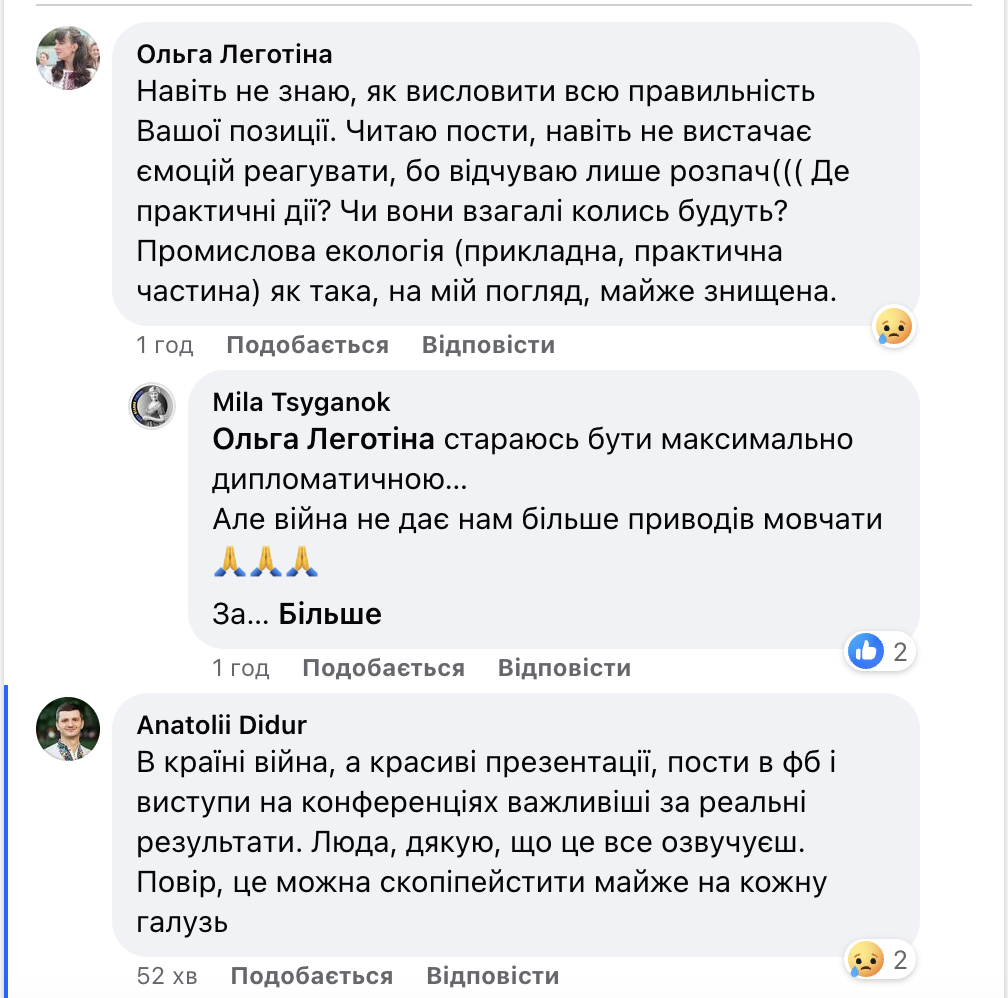
"I don't have enough emotions to react, because I only feel despair. Where are the practical actions? Will they ever be? Industrial ecology (applied, practical part) as such, in my opinion, is almost destroyed," said Olga Legotina.
Earlier, EcoPolitic wrote, that on December 1, 2023, the four-day conference Ukraine Green Recovery Conference ended in Vilnius, Lithuania, during which the current environmental damage from the war was discussed, as well as strategies and concrete solutions for green restoration.

